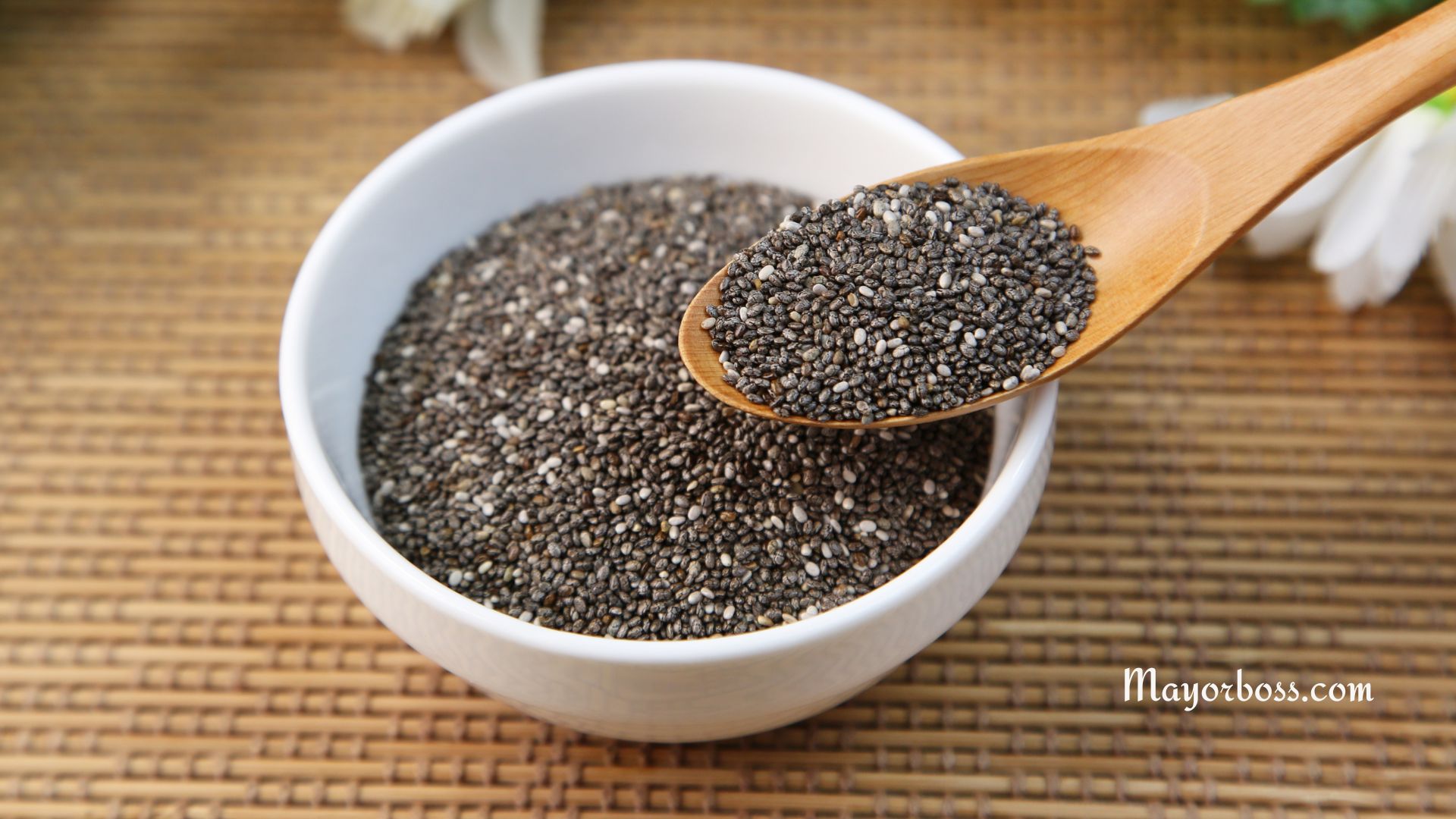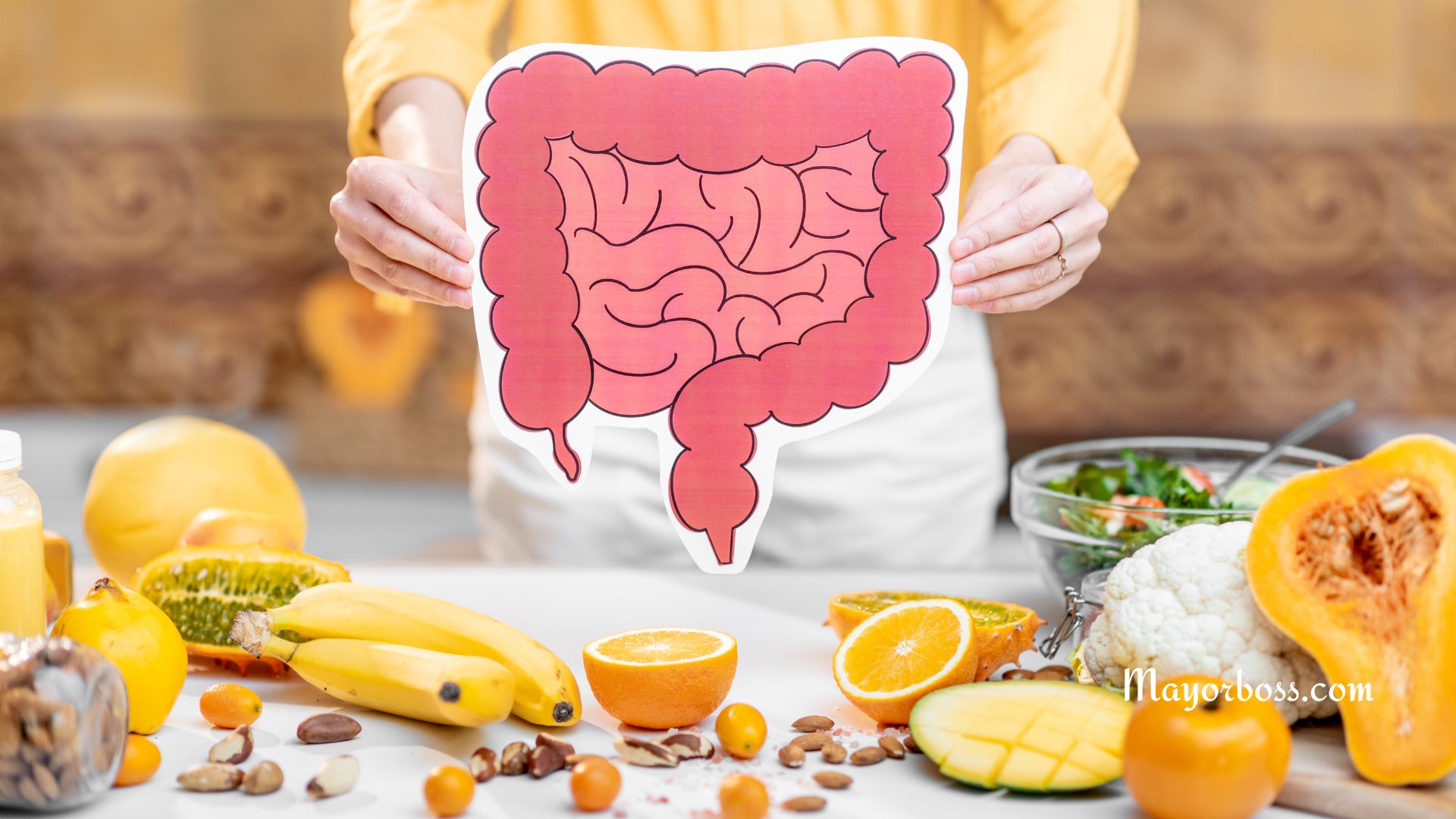Is Chicken Liver Good for You?
Chicken liver is a nutrient-rich food known for its many health benefits and diverse array of vitamins and minerals. Including protein, iron, B vitamins, selenium, zinc, magnesium, and phosphorus, it offers protection from anemia, supports eye health, and is beneficial for pregnant women. Though nutritious, some people might have concerns about cholesterol and certain toxins.
This article will explore the benefits and potential downsides of eating chicken liver.

Nutritional Value
Protein
Chicken liver is a great source of protein. Protein helps your body build and repair tissues, and it’s an essential part of a healthy diet.
Vitamins and Minerals
According to the United States Department of Agriculture, chicken liver is packed with vitamins like B12, which helps keep your nerve and blood cells healthy. It also contains:
- Iron: Important for carrying oxygen in your blood.
- Vitamin A: Good for your eyes, skin, and immune system.
- Folate: Essential for cell function and tissue growth.
- Selenium: An antioxidant that protects cells.
- Zinc: Essential for immune function and wound healing.
- Magnesium: Important for muscle and nerve function.
- Phosphorus: Aids in bone and teeth formation.
- Choline: Important in the brain and nervous system.
Health Benefits

Boosting Energy
The B vitamins in chicken liver can give you a boost of energy. They help your body convert food into energy.
Supporting Immune Function
According to various studies, the vitamins like zinc and selenium in chicken liver can strengthen your immune system, helping you fight off illnesses.
Aiding Digestion
Chicken liver contains certain enzymes that assist in digestion, allowing your body to break down food more efficiently.
Protecting from Anemia
Chicken liver’s high iron content makes it an excellent food for preventing anemia, especially in individuals with higher iron needs, such as women during menstruation or pregnancy.
Good for Eye Health
Vitamin A is vital for maintaining good vision, and chicken liver offers an abundant supply, supporting your eyes’ health.
Beneficial for Pregnant Women
The folate in chicken liver is essential during pregnancy, promoting healthy fetal development and reducing the risk of neural tube defects.
Potential Downsides
Cholesterol Content
Chicken liver is high in cholesterol. If you’re concerned about your cholesterol levels, you might want to limit your intake.
Toxins
Chicken liver can sometimes contain toxins, especially if the chickens are exposed to harmful substances. It’s a good idea to choose liver from organically raised chickens if possible.
Allergies
Some people are allergic to liver or other organ meats, so you should be cautious if you have food allergies.
How to Include Chicken Liver in Your Diet
Cooking Methods
You can prepare chicken liver in various ways, such as frying, grilling, or baking. Make sure to cook it properly to eliminate any harmful bacteria.
Recipes
Chicken liver pairs well with onions, garlic, and herbs. You can try making chicken liver pâté or adding it to pasta or salads.
Portion Size
While chicken liver is nutritious, eating it in moderation is wise. A small serving once or twice a week can offer health benefits without potential downsides.
Summary
Chicken liver is rich in nutrients that can benefit your health in many ways. It provides protein, vitamins, and minerals that support energy, immunity, digestion, and eye health. However, you should be aware of the cholesterol content and potential toxins. Including chicken liver in your diet can be a tasty and healthy choice as long as you enjoy it in moderation and choose quality sources.
Further Reading: How Long Does Raw Chicken Last in the Fridge?






